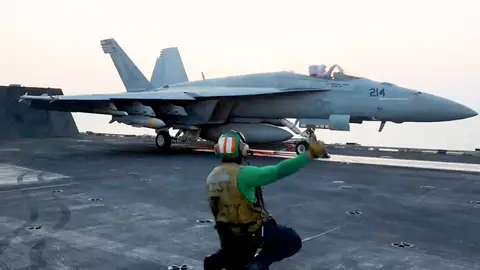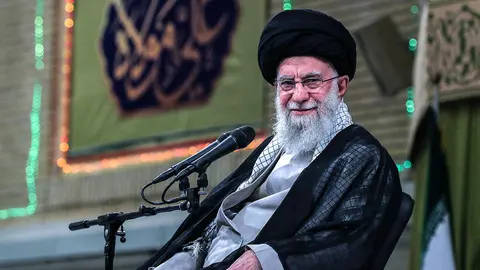The conflict between the Houthis and Israel continues despite the truce agreement with the United States
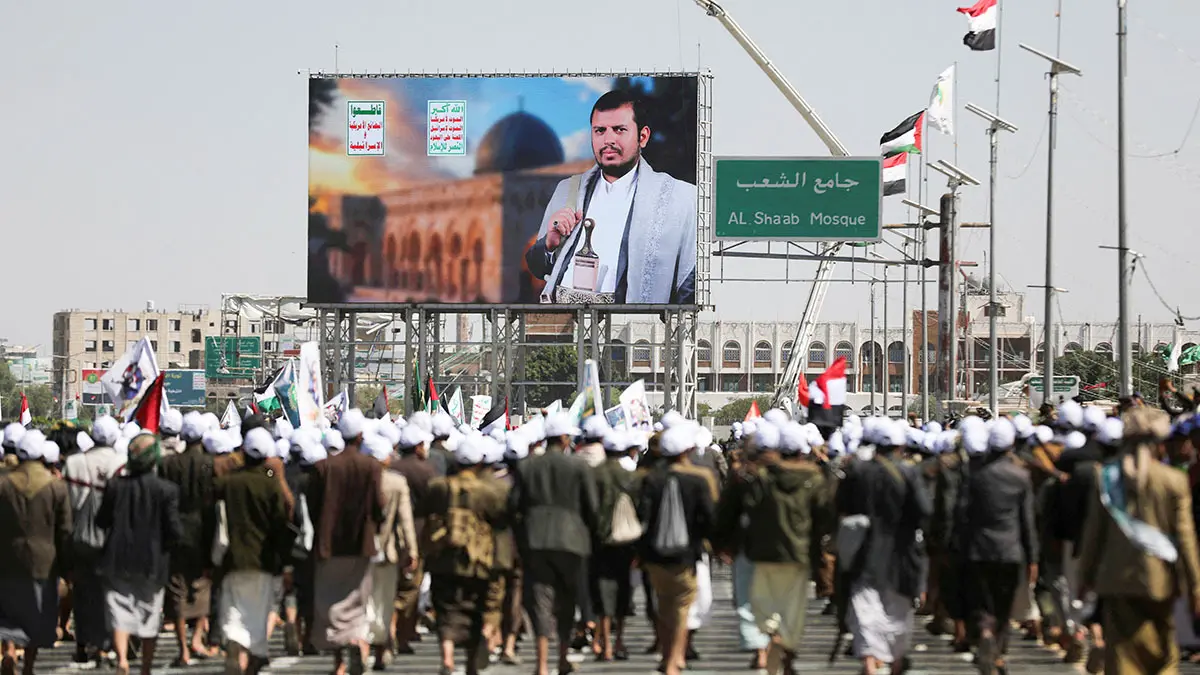
The Houthi rebel group reached a truce agreement with the United States and secured a halt to mutual attacks in the Red Sea area. However, this did not translate into a comprehensive truce in the region, and tensions with Israel remain.
This is a surprising agreement brokered by Oman that was announced on 6 May, when the ceasefire in the Red Sea depended on the suspension of US air strikes in Houthi-controlled territories in Yemen. This put an end to months of intense escalation between the two parties involved. The Houthis accepted the US proposal and considered it a political victory for Yemen, although they stated that this agreement did not extend to Israel and stressed the importance of their support operations for Gaza, highlighting the attacks carried out against Israel from Yemeni territory.
The ballistic missile attack on Israel's Ben Gurion airport was met with a series of air strikes on vital facilities in the Republic of Yemen, particularly affecting Sana'a International Airport on 28 May, which housed the only aircraft operating at the airport and led to the cancellation of all flights. Furthermore, this escalation is closely linked to the war in Gaza and other conflicts.
The calm situation with Washington is allowing the Houthis to reorganise themselves geopolitically and position their priorities for their foreseeable confrontation with Israel and to strengthen the ‘axis of resistance’ led by Iran. Historically, the Houthis and Iran have maintained a robust strategic relationship based on military, technical and logistical support. This relationship is also maintained with Hezbollah in Lebanon, along with its actions in Iraq and with Palestinian factions. These are the weapons that consolidate Iran's position in the Middle East.
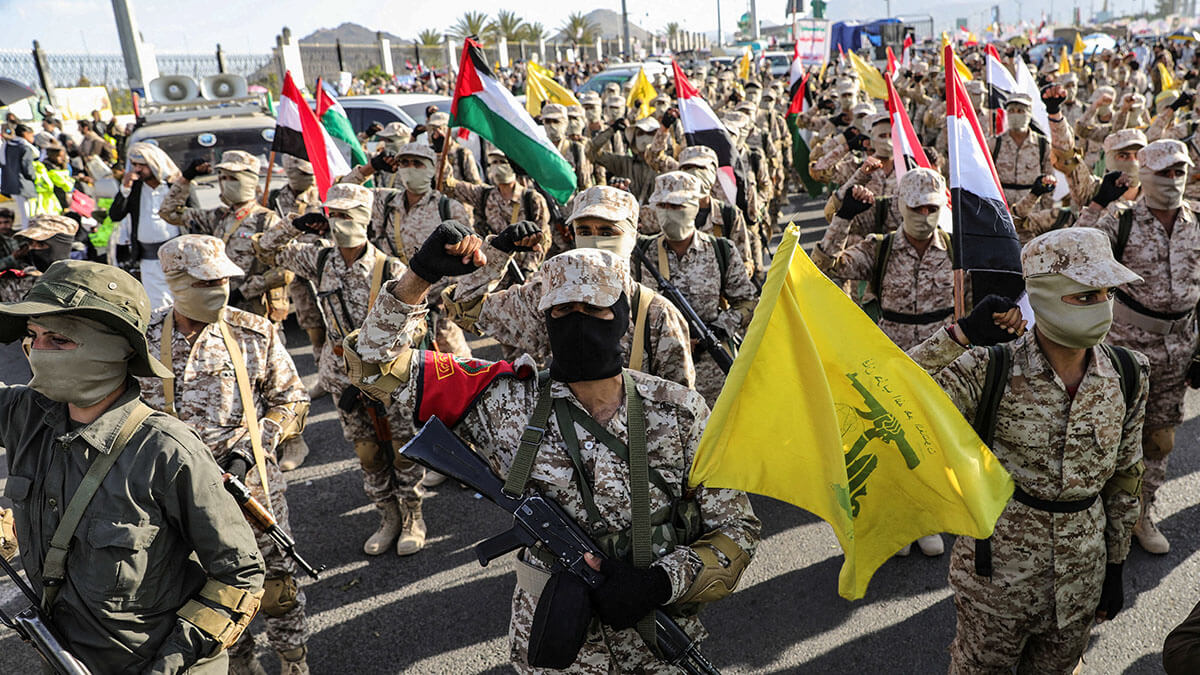
Yemeni political analyst Aziz Al-Ahmadi argues that this truce has given the Houthis the opportunity to act without US pressure and has allowed them to expand their field of operations. Al-Ahmadi also speculates about indirect and tactical understandings between Washington and Tehran and the return of nuclear talks between the two nations. This could be one of the reasons behind the softening of US attitudes, although the issue of Israel is not included in the argument.
In this way, the Houthis have developed their weaponry and combat arsenal, especially that linked to missiles and drones, and have turned Yemen into a launch pad for operations against regional dynamics and against Israel and the United States.
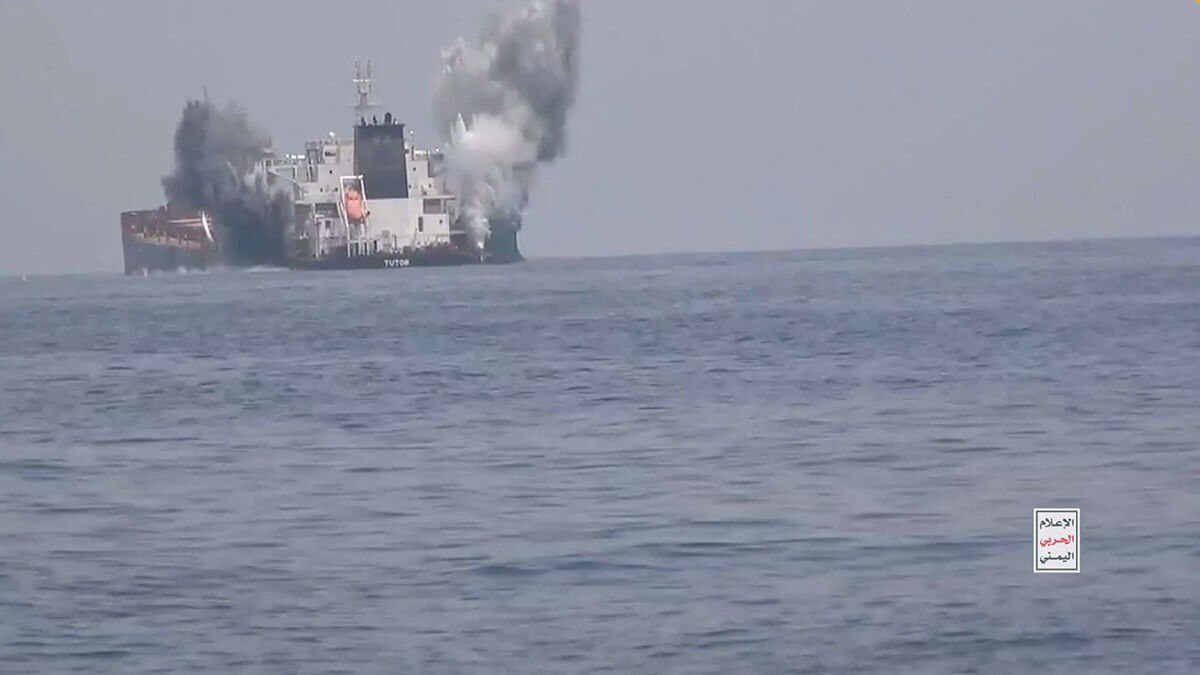
According to sociologist Milad Rasam, the Houthis see the war in Gaza and Israel as an ideal opportunity to develop their propaganda and increase their popular support. However, it should not be forgotten that Yemen is still experiencing one of the worst humanitarian crises in the world and is the most impoverished country in the Arabian Peninsula, with millions of people affected and in need of assistance. The impoverishment of the country, the collapse of essential infrastructure, the decline in basic services and the economic crisis have caused the group to lose internal legitimacy and increase its external activities to attract Arab and Islamic opinion and reaffirm the political symbolism represented by the Palestinian cause, all in order to remain a relevant player in the regional equation and ensure its survival.
The conflict with Israel serves as a propaganda tool and also as a test of loyalty to Iran and the established axis, in the face of US attempts at control. Rassam adds that the attacks are also a reminder of the group's capabilities to carry out advanced and complex attacks with Iranian support and Russian and Chinese military technology
The continuation of the war in Gaza and the attacks are interconnected with the Houthi-Israeli conflict, all against a backdrop of regional instability that could spread on a large scale. Hence the importance of tactical moves in this tense landscape.

